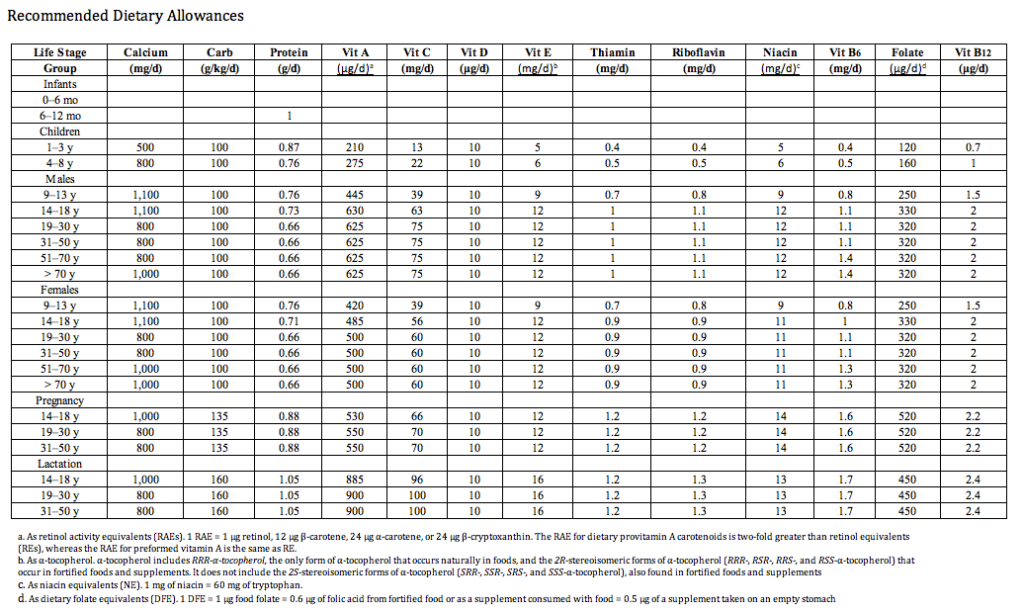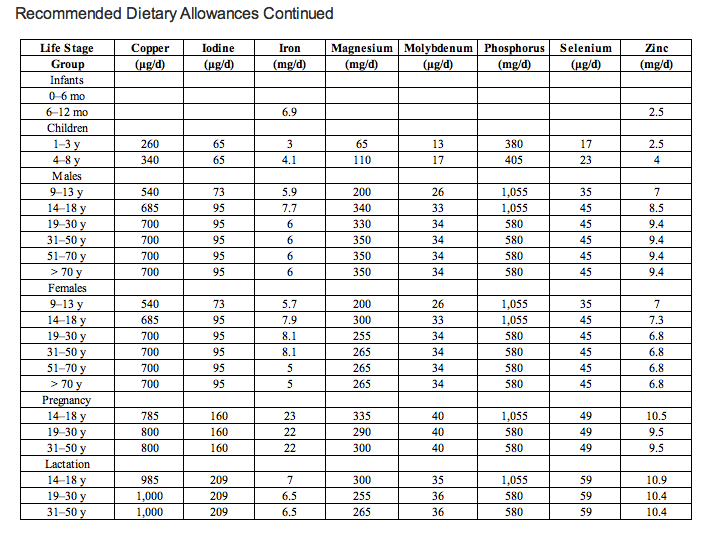Is picking a multivitamin making you mad?
As with Vitamin D and Essential Fatty Acids, sometimes it is necessary to supplement the healthiest of diets and lifestyles to prevent deficiencies. We do so for optimal physical and cognitive growth.
A multivitamin should have 3 components:
- Good bioavailability
- An accurate label
- No toxic ingredients
Websites such as LaborDoor and ConsumerLab test common over the counter supplements. LabDoor claims that after testing 66 top-sellers, products on average missed their label claims for minerals by more than 40%. This could mean the difference between getting what you need and unknowingly risking health issues from under- or overdosing.
My favorite multivitamins:
I trust and recommend supplements made by Metagenics and Designs For Health. If you want palatable and sweet, try Smarty Pants.
Always avoid buying high-end supplements on third party websites (i.e. Amazon) as they may be expired or tampered.
The Basics
Recommended dietary allowances (RDAs) have been developed through efforts between the Food and Nutrition Board, and the Institute of Medicine (Dietary Reference Intakes for Calcium and Vitamin D).
In short, vitamins A, D, E and K* should be consumed daily with meals as they are only absorbed with fat. Water soluble vitamins can be taken at any time and include folate, choline*, and the B vitamins.
- Vitamin A: 300 to 600 micrograms
- Vitamin C: 15 to 45 milligrams
- Vitamin D: 15 micrograms (400-1000 IUs)
- Vitamin E: 6 to 11 milligrams of vitamin E
- Thaimine (B-1): 0.5 to 0.9 milligrams
- Riboflavin (B-2): 0.5 to 0.9 milligrams
- Niacin(B-3): 6 to 12 milligrams
- Vitamin B-6: 0.5 to 1 milligram
- Folate: 150 to 300 micrograms
- Vitamin B-12: 0.9 to 1.8 micrograms
Although RDAs haven’t been established for vitamin K, pantothenic acid, biotin and choline, they are still essential vitamins. Adequate intake (AI) exists for them instead of RDAs. The Institute of Medicine reports that children ages 1 to 13 require:
- Vitamin K: 30 to 60 micrograms
- Pantothenic acid: 2 to 4 milligrams
- Biotin: 8 to 20 micrograms
- Choline: 200 to 375 milligrams
Older children need more of each vitamin than younger children.


I recommend a mulitvitamin supplement for picky eaters, vegetarians/vegans and children with chronic illnesses.
Many children meet their daily vitamin needs by eating a mixture of dairy, lean meats, legumes, fruits, vegetables, whole grains and healthy fats. I always tell patients to buy a supplement for Omega 3’s and Vitamin D. Additionally, parents can include milk, yogurt, and egg yolks, salmon, and fortified breakfast cereals. Metagenics products have phytonutrients (plant extracts) as does Juice Plus.
Still have questions or unique concerns? Make an appointment with Dr. Vivi.



